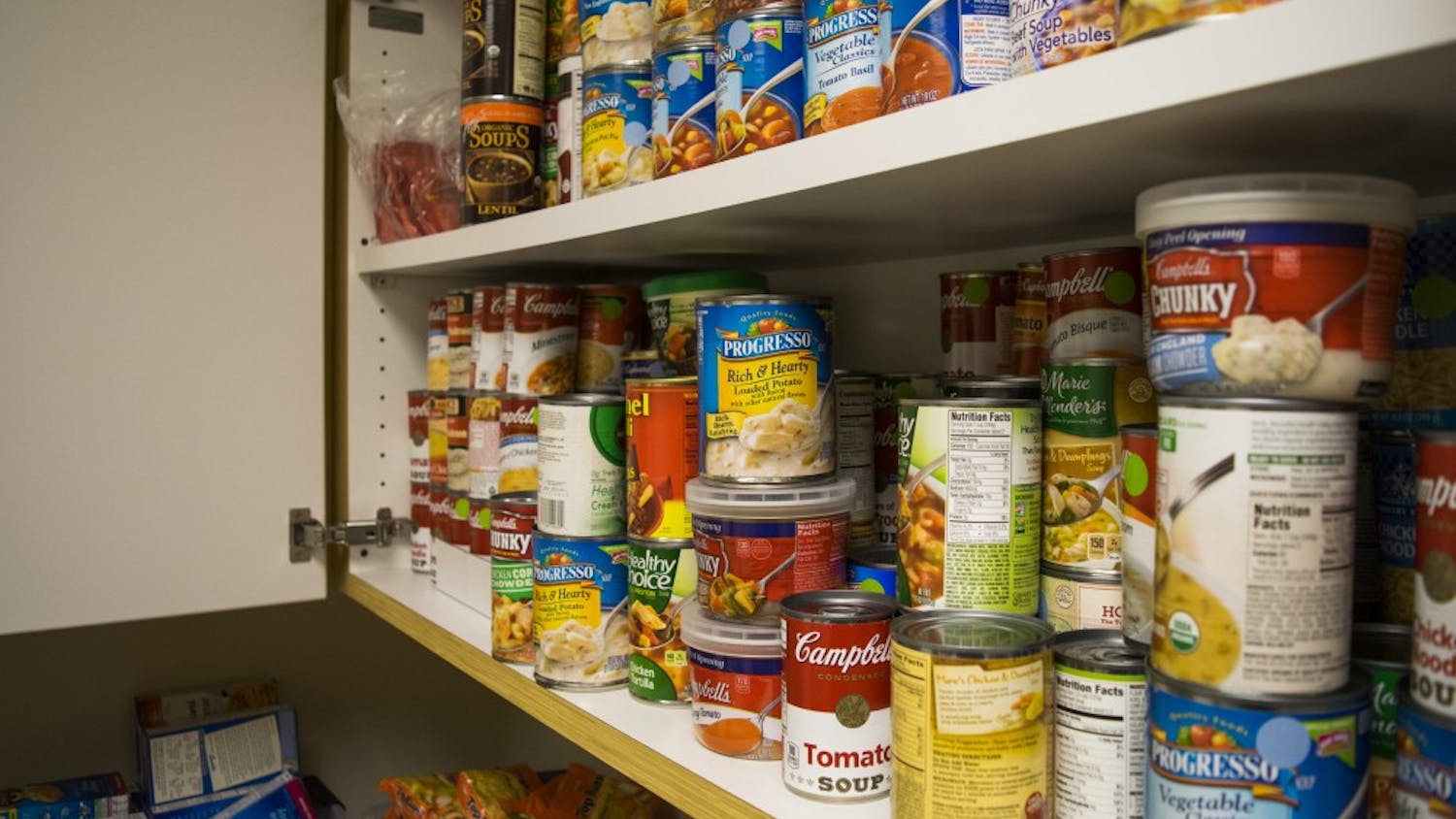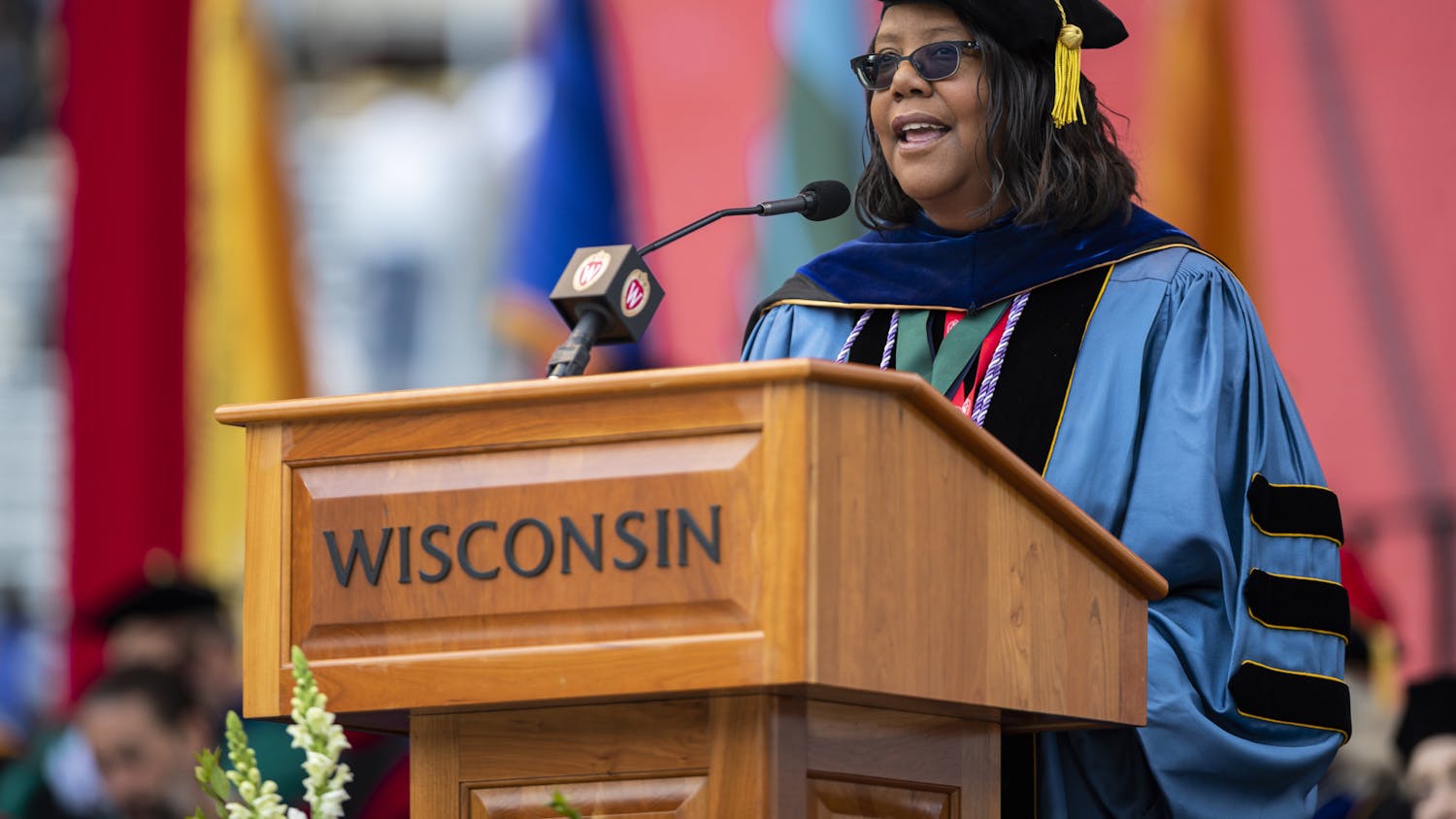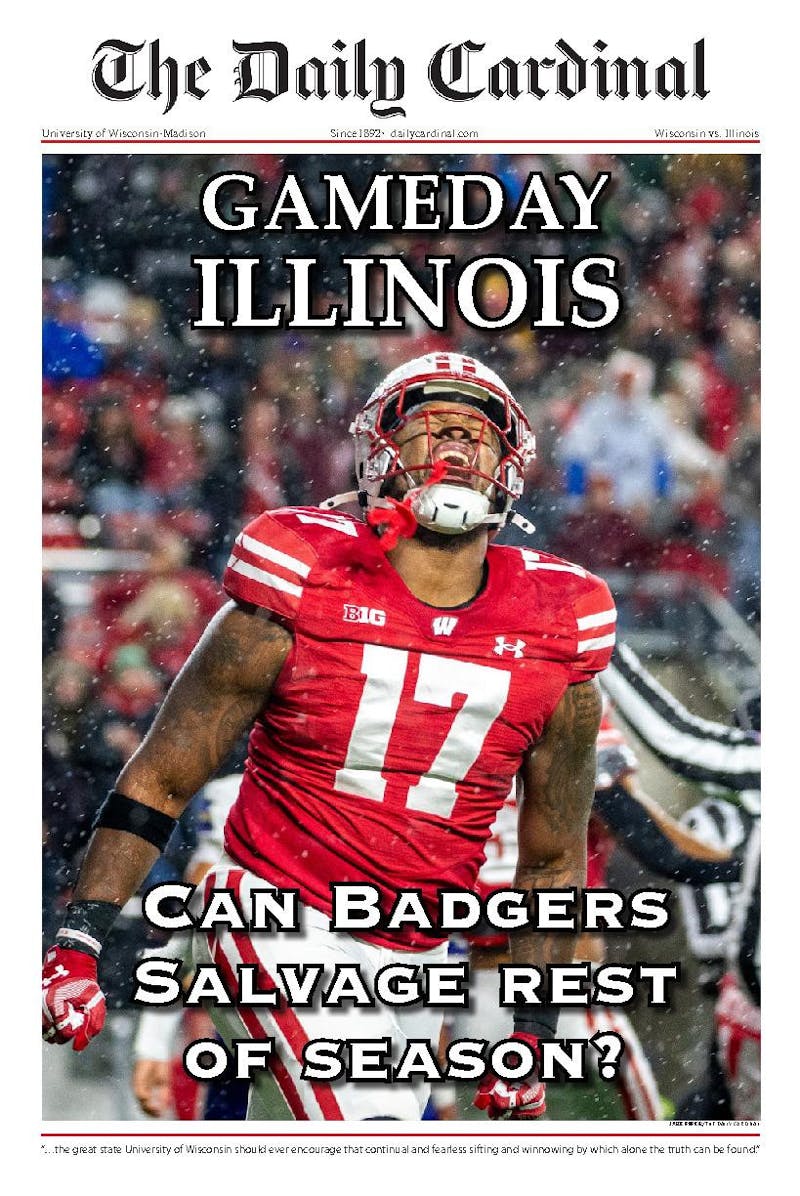****Wisconsin Covenant deadline and funding loom****
Today is the last day for current ninth graders to sign the proposed Wisconsin Covenant, with close to 10,000 students already having pledged the proposal to allegedly guaranteed college access.
A 3.00 grade-point average, taking some college preparatory courses, good citizenship, and graduating from high school are the key components of the Wisconsin Covenant, according to Gov. Jim Doyle spokesperson Carla Vigue.
If students receive a sufficient aid package based on their families needs, they will be able to attend a UW system school and pay no tuition, Vigue said.
Eight-thousand five-hundred students have signed up so far, and 10,000 are expected to do so by the end of today, according to Vigue.
Vigue said the state college aid pool would pay for the tuition of the students. Doyle hopes to increase this aid fund over subsequent budgets, Vigue stated.
State Sen. Glenn Grothman, R-West Bend, on the Senate Committee on Education, said the Wisconsin Covenant is so vague that nobody knows what it will cost in the end.
Grothman also said Wisconsin already has the second-lowest tuition in the Big Ten and having to pay for college may help students value education more.
If the Wisconsin Covenant means more students going to school who pay nothing, the kids who are working [a job] will have to pay more,"" Grothman said.
Vigue said the proposal creates a ""road map"" for students and public support has been considerable around the state.
*****No Child Left Behind leaves state short, uncertain.******
The state Senate held a hearing on the No Child Left Behind law Thursday after it was revealed earlier this week that close to $600 million was not provided to Wisconsin K-12 schools.
The federal government authorized the money to be spent in Wisconsin, but simply chose not to do so, according to Sara Dauscher, spokesperson for John Lehman, D-Racine, chair of the Senate Committee on Education.
Dauscher said because NCLB is currently being debated for reauthorization in the U.S. House, the state government has to wait to act. How the act may change if it is reauthorized is yet to be seen, according to Dauscher.
""A lot of this is up in the air right now,"" Dauscher said.
Wisconsin K-12 administrators are, ""in general,"" against NCLB, Dauscher said. Educators feel taking away funding for schools that are doing poorly does not help the situation according to Dauscher.





